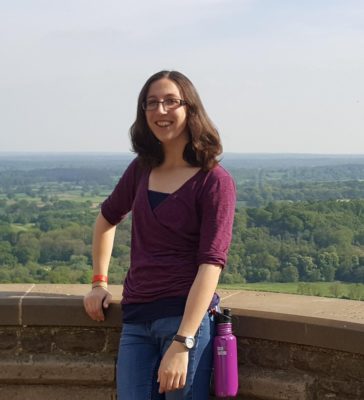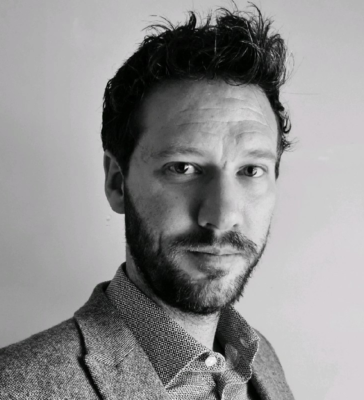
Lauren Schofield
Current Employer/Organisation Name
Department for Environment, Food and Rural Affairs
What have you been doing since leaving Exeter, and what are you doing now?
When I first left Exeter after completing my masters, I moved home temporarily whilst looking for work. I did a couple of cleaning jobs in hotels for 6 months, before getting a job with Natural England. I couldn’t have asked for a better first job, given how much time and energy they invested in training me up. For the first 6 months I did boots on the ground helping build 10 Countryside Stewardship applications. This meant a lot of work in the field over the hot summer and getting up to scratch on my ecology ID skills. I then moved into the sustainable development team, where I assessed proposed planning applications across Surrey and Berkshire for their potential environmental impact to SSSIs, SPAs and SACs. I based my advice on scientific evidence and fed this back to local authorities about how the proposed development could be improved. More recently however, I’ve been on secondment with DEFRA, the government Department for Environment, Food and Rural Affairs. I’m in a team helping to set up the new green watchdog, the Office for Environmental Protection.
Why did you choose this career? And what do you enjoy most about your work?
When I was 17 and first starting to think about what I wanted to do, I was absolutely set on being a fieldwork ecologist. I was going to go to Africa and study the megafauna and tell all the humans they were all stupid for their silly behaviour damaging the environment. But as I progressed through university, I had modules on economics and law woven in, I realised how much bigger and more complicated the picture was. I still wanted to work in the environment sector as that was what I was most passionate about and interested in, but the interdisciplinary nature of trying solve ‘wicked problems’ and the juxtaposition of how humans are causing the damage and being the only ones who can stop it, really intrigued me. This led me more towards the policy making route. I’m also really bad at fieldwork, so that shot the Africa dream in the foot.
What did you enjoy most about your programme and what was the biggest highlight?
The Kenya field course has got to be a massive highlight for me – despite no longer wanting to be field ecologist, it was really great to get out there and see some of the biggest conservation issues face to face and meet the people trying to live with them. I think the thing I enjoyed most was working with the Camborne School of Mines to complete my mixed dissertation. This was a really big challenge for me to work on subjects that are so environmentally damaging but how conversations between those disciplines need to happen in a constructive way for anything to change.
What did you enjoy most about studying here?
At the Falmouth campus, its really great being mixed in with the Falmouth University students, as its an arts university and mostly Exeter is focused on the science. I liked the interaction with the lecturers as well, as it felt much more like having a conversation, rather than just being talked at.
Why did you choose to study at Exeter?
Exeter has some of the best ratings for research, student satisfaction and really interesting course content. It was also pretty great to live next to the beach again (Falmouth Campus).
What skills and experiences have been most useful for your career?
Understanding the basic scientific method and critical thinking was a really good base for me as this feels like it can get overlooked in different areas like policy making. I’m an introvert, which means I’m more prone to listening than speaking. If you’re introverted as well, you should see this as a strength, not a weakness, even if you’re constantly having extrovert traits more extolled in work places. Because I listen more than I speak, I see patterns and mistakes more quickly than some of my peers, and when I do speak, it’s more valued because I’ve taken the time to pay attention and think.
What advice would you give to a current student who wishes to pursue your career?
Don’t be too specific about which part of the environment sector you want to work in. It’s good to have an interest in ecology, or renewable energy etc and want to pursue that, but don’t specifically pick consultancy or NGO work. Try as many as you can first to find what fits you best. Also, if you can get any practical conservation work, like habitat management, it is really beneficial. Everything big in conservation is built on this – it isn’t glamorous or something you may want as a career, but it’s a really good perspective to have, otherwise you may end up with an ivory tower mentality, which doesn’t help anyone.
What are your plans for the future?
For the significant future, I’ll be staying with DEFRA to finish setting up the Office for Environmental Protection. I’m trying to figure out if I want to be on the inside of policy making, bringing my scientific perspective to the table or working to improve it from the outside. I think I’d like to be a land use specialist in either case. I’m also planning to build a farm with my partner, which hopefully we could develop into a similar model to the Knepp Estate (look this up!) and eventually retire as an environmental educator on our farm for schools and universities.

